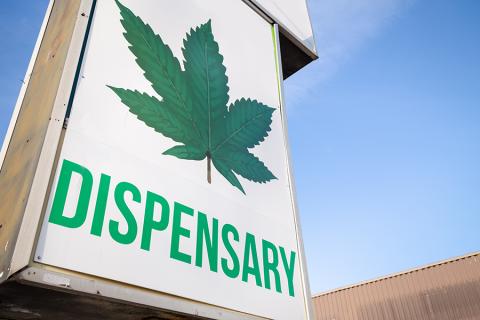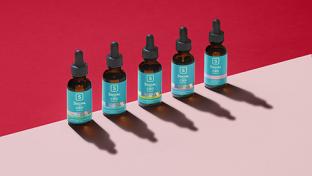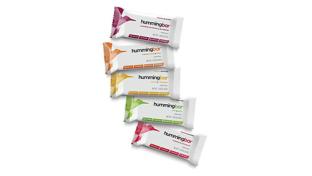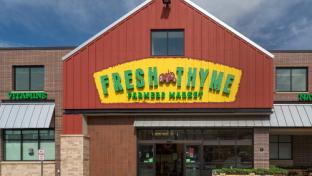Should Grocers Carrying CBD Obtain a License to Chill?

More consumers than ever are interested in CBD products. According to a study released by New York-based global management consulting firm Kearney in December 2019, 68% of respondents have used or know someone who has tried CBD, while 73% say they had positive experiences and plan to use it again.
Confusion is rife when it comes to what CBD products actually do, however. The same study finds that while 72% of respondents believe CBD provides wellness and therapeutic benefits, just 29% felt well informed on its uses.
Similarly, recent research from the Arlington, Va.-based Consumer Brands Association (CBA) shows that although two-thirds (66%) of Americans believe CBD is safe, nearly four in 10 (39%) mistakenly think that CBD is just another name for marijuana, and more than half have the incorrect idea that it can make a person “high.”
Further, with one in three Americans already using CBD, most (76%) assume that CBD products are subject to federal regulations and safety oversight when no such regulations currently exist. When informed of this fact, 82% of Americans expressed alarm, with 67% of those saying they were “extremely” or “very” concerned, and another 84% admitting that they were worried about the inconsistent regulations that could result from the current state-by-state patchwork system.
The cannabis industry is aware of this lack of knowledge, and is working to address it.
“As with most trends, everyone is looking for their slice of the market, yet there is still much to learn,” notes Eivan Shahara, partner and president of The Mint Dispensary, a medical cannabis dispensary with two locations in Arizona and expansion plans in Massachusetts and Michigan. “To help ease confusion and misinformation in the marketplace, a lot of groups in the industry – growers, researchers, manufacturers, physicians, state governments and the FDA – are working together to help educate consumers about the benefits, usage, delivery methods, dosages and more. This is an evolving process that will take time.”
“Shoppers are beyond the ‘trial and error’ phase and don’t want to worry about product efficacy,” points out Angelo Lombardi, president of Portland, Ore.-based Sentia Wellness, maker of Social CBD topicals and traditional ingestibles such as gel caps and oils. “We are interested in customer engagement and how this builds trust. Social encourages consumers to ask questions, and we work hard to provide thorough answers. In 2020, Social CBD is launching an education initiative to better educate the public and to correct misconceptions.”
However, these issues may spur grocers that wish to allay consumer concerns with regard to CBD to take a novel step.
“The hemp industry, in particular, is under-regulated, and most of its claims are unsubstantiated,” notes Andrew Amend, founder and co-CEO of San Francisco-based edibles company Manzanita Naturals. “The medicinal dose of hemp is significantly higher than the dose infused into hemp products, and it is unlikely customers will receive the promised benefits. CBD products, like those sold at dispensaries, have to go through rigorous testing to ensure package dosage claims are correct. In order to carry those products, however, grocers would need to obtain a license, which may be something to consider in the future. This would eliminate consumer confusion and safety warnings in regard to CBD and cannabis products, because anything sold at a dispensary is heavily regulated.”
Addressing consumers’ lack of information about these products, Amend advises: “People are new to these products, and you have to explain on the packaging and at the point of purchase what they do. People are starting to explore this for the first time, and they need to know what the product claims and that they won’t get high from using these products.”
For food retailers in particular, Amend advocates going the licensing route.
“There can ... be growth opportunities for grocers if they go through dispensary licensing procedures or team up with a licensed dispensary,” he says. “A CBD annex with food, beverages and products containing a medicinal dose of cannabis could become the norm. This could be set up similarly to grocery stores in areas like Ohio that contain separate liquor stores. There are also opportunities to carry products with other cannabinoids. As companies begin to experiment with cannabinoids outside of CBD, there becomes more growth opportunity for both product developers and grocers.”
According to Amend, not getting a license could cause grocers to miss out on such opportunities. “With additional research, unregulated segments of the cannabis market will cease to exist, and unless grocers become licensed dispensaries, it is unlikely [cannabis] food and beverage products will remain on store shelves,” he observes.







.teaser.png?itok=elpBs6Cl)